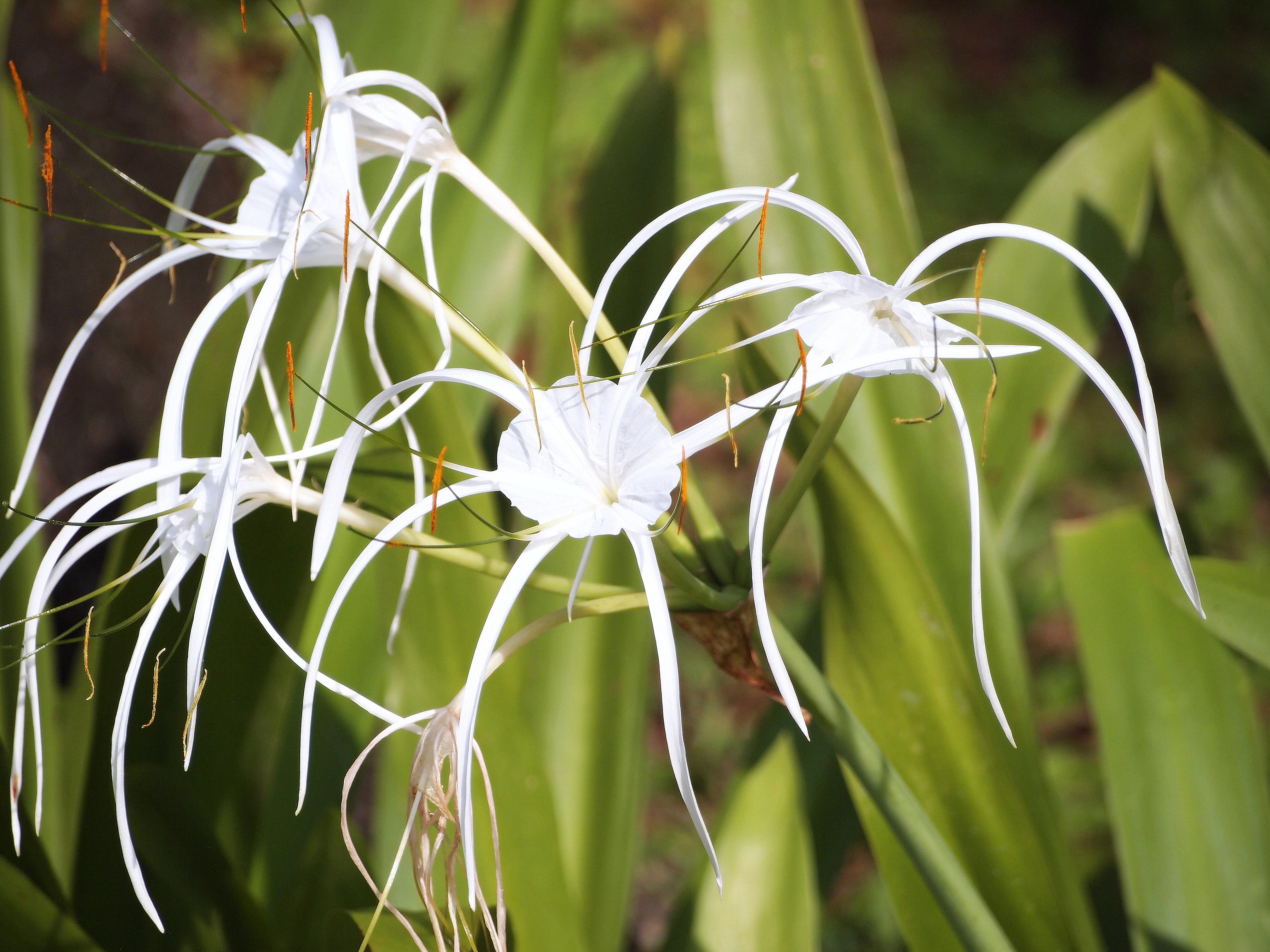Curious how a comparative scholarly critical analysis of Patanjilian influences in
a) Iyengar Yoga
b) some generalized traditions in India (in text, art and socioculturally on the ground)
c) a textual analyses
d) a Feuersteinian analysis, in
e) Indian Art, and perhaps vis-a-vis
f) Angela and Victor's Yoga, and others
... say as a Reed College professor, for example, or one from Harvard, Yale or Stanford Universities, would compare these, probably in the field of religious studies, but I'm particularly interested in how Patanjilian influences play out within these above yogic subcultures on the ground - as processes and practices, ethnographically especially - and might help you or I achieve kinds of experienceable positive bliss and freedom even.
I find for example, Patanjali, too ascetic - repressive even - but also appreciate in his writings the kind of ship's keel, or coherent philosophical system, from possibly 2300 years ago, that informs kinds of learning of non-harming Yogic, and religious-informed too, goodness {and self-care} even.
*
a) Iyengar Yoga - while asana here is central to this, Patanjali has a important Yogic role here -
e.g. http://www.bksiyengar.com/modules/IYoga/sage.htm -
(but not in a scholarly way to speak of) since practice of asana and pranayama are especially key in Iyengar Yoga;
b) some generalized traditions in India (in text, art and in India)
starting here? - http://en.wikipedia.org/wiki/Yoga_Sutras_of_Patanjali - but particularly on the ground in India
c) a textual analyses (but which translations are best as well as most inspiring and insightful?)
e.g.
The Yoga Sutras of Patanjali
The Threads of Union
Translation by BonGiovanni
http://www.sacred-texts.com/hin/yogasutr.htm
THE YOGA SUTRAS OF PATANJALI (1912)
"The Book of the Spiritual Man"
An Interpretation By
Charles Johnston
http://en.wikisource.org/wiki/Yoga_Sutras
d) a Feuersteinian analysis
Feuerstein, George (translator) (1989), The Yoga-Sutra of Patañjali: A New Translation and Commentary, Inner Traditions, ISBN 978-0-89281-262-2
e) Indian Art
Patanjali statue:
http://upload.wikimedia.org/wikipedia/commons/4/47/Patanjali.jpg
f) Angela and Victor's Yoga, and others
Old "fat and jolly" - sounds like Patanjali - I've heard Angela Farmer say - probably reflecting a charming laughing Buddha icon idea of Patanjali in an oral tradition of her own creation (and possibly vis-a-vis "If you see the Buddha, kill him" idea as the startling Koan-like idea which might lead to Englightenment, and also possibly even Oedipally vis-a-vis Patanjali as India father-figure in Yoga) ...
See, too ..
Yoga wiki subject/school at World University and School
http://worlduniversity.wikia.com/wiki/Yoga
*
and ...
my Yoga page !
http://scottmacleod.com/yoga.htm
*
I'm interested here too in ethnographic approaches to the above a-f, in particular.
*
As an anthropologist and a non-theist, religious devotion, which I see as widespread in the Indian consciousness, isn't part of my worldview (neurophysiology, in a sense), to speak of, and I also don't assume culturally the Divine, which is explicit and implicit in Patanjali and so many aspects of Indian culture, - in which I situate my understanding/reading of Patanjali, historically and spiritually, too.
*
Psychiatry (STEM informed) and Yoga have not even begun to find a kind of union or oneness (which yoga posits) - see http://worlduniversity.wikia.com/wiki/Psychiatry - in my understanding (and understandably given that yoga doesn't engage questions or implications of evolutionary biology). While Yoga explicitly has a concept of mind, and a psychology, but not brain or biology as I see it, I appreciate Psychiatry's conversation here about mind and brain in many many ways compared with Yogas.
*
Appreciating too that Yoga happends 3 times daily at Harbin Hot Springs especially vis-a-vis the culture that's emerged there since the 1960s.
*
But I have found personally kinds of freedom and well-being, neurophysiology wise, in practicing yoga, and I'd like to explore generating subcultures of such yoga-informed well-being, and especially freedom.
*
...








No comments:
Post a Comment